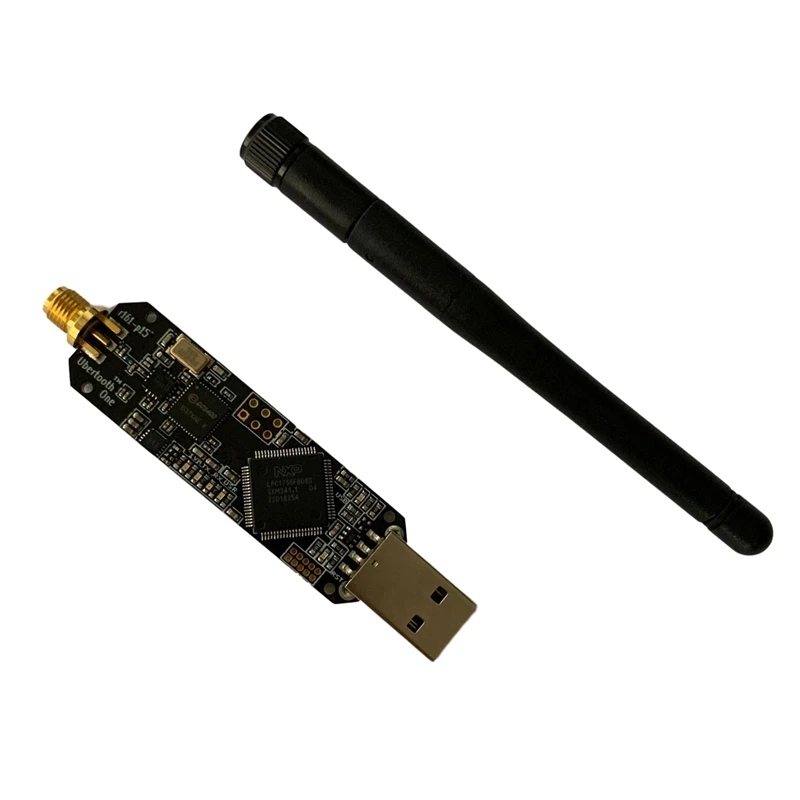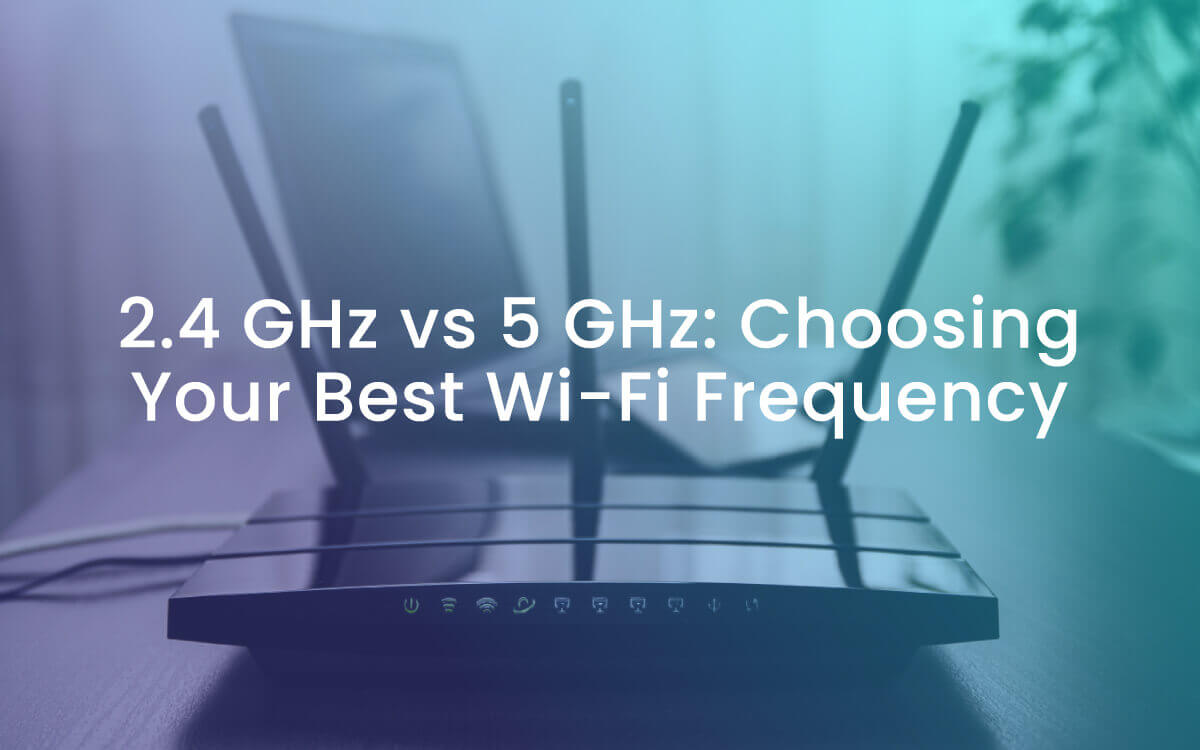Top Notch Info About Which Is Faster 2.4 GHz Or Bluetooth

Jual USB Wifi Bluetooth 4.2 Dual Band AC Wireless 650mbps 2.4Ghz 5.8Ghz
The Great Wireless Race
1. Understanding the Contenders
So, you're pondering the age-old question: which is faster, 2.4 GHz or Bluetooth? It's a fair inquiry, especially in our increasingly wireless world where speedy data transfer is king (or queen, let's be inclusive!). The truth is, it's not quite as simple as declaring a flat-out winner. Both technologies operate in the 2.4 GHz frequency band, which can sometimes lead to confusion. But there are key differences in how they function, and those differences impact speed.
Think of it like this: both 2.4 GHz and Bluetooth are like cars driving on the same highway. They might be traveling the same route, but the type of car, the engine, and the rules they follow determine how fast they get to their destination. 2.4 GHz, in its Wi-Fi form, is like a souped-up sports car designed for high speeds and long distances. Bluetooth, on the other hand, is more like a reliable sedan, focused on fuel efficiency (power consumption) and short trips.
The term "2.4 GHz" itself simply refers to a radio frequency band. Wi-Fi and Bluetooth both use this band, but they utilize different protocols and standards for transmitting data. Wi-Fi, typically operating at 2.4 GHz (though 5 GHz is also common these days), is geared towards high-bandwidth applications like streaming videos, downloading large files, and browsing the internet. Bluetooth, conversely, prioritizes low power consumption and ease of pairing, making it ideal for connecting peripherals like headphones, keyboards, and mice.
Therefore, when considering "Which is faster 2.4 GHz or Bluetooth", it is important to consider what 2.4 GHz refers to. Typically 2.4 GHz commonly refers to Wi-Fi's 2.4 GHz band. A little detail that can make a world of difference in the wireless landscape.

Wi-Fi's Need for Speed
2. Why Wi-Fi Takes the Lead in Speed
When we talk about "2.4 GHz" in the context of speed, we're often referring to Wi-Fi operating in that frequency band. Wi-Fi, designed for robust data transfer, uses sophisticated protocols that allow for much higher speeds than Bluetooth. Think of it as a superhighway with multiple lanes and express exits. It's built to handle heavy traffic and get data to its destination quickly.
The various Wi-Fi standards (802.11b, g, n, ac, ax — alphabet soup, I know!) dictate the maximum theoretical speeds achievable. While real-world speeds are often lower due to interference, distance, and network congestion, Wi-Fi still offers a significant advantage over Bluetooth in terms of raw data throughput. This is why you can stream Netflix flawlessly on your Wi-Fi network but might experience choppiness if you tried to stream it directly over Bluetooth (which, frankly, you wouldn't do).
However, keep in mind that the 2.4 GHz band can become congested, especially in densely populated areas with many Wi-Fi networks competing for airtime. This congestion can lead to slower speeds and dropped connections. That's why the 5 GHz band has become increasingly popular for Wi-Fi, offering more channels and less interference (but shorter range).
Also, with the continued advancements of WiFi, new Wifi protocols are constantly being released, often improving internet speed with each release. This makes 2.4 GHz Wifi a prime choice for speed.

Bluetooth's Strengths
3. More Than Just a Numbers Game
While Bluetooth might not win the speed race outright, it excels in other areas. Its primary focus is on low power consumption, making it perfect for battery-powered devices like wireless headphones and fitness trackers. Bluetooth is designed to sip energy, extending battery life significantly compared to Wi-Fi. It's like that fuel-efficient sedan — it might not be the fastest, but it'll get you further on a single tank.
Furthermore, Bluetooth's easy pairing process is a major advantage. Connecting Bluetooth devices is usually a breeze, often requiring just a few taps or clicks. This simplicity makes it ideal for connecting peripherals and accessories. Imagine having to go through a complicated setup process every time you wanted to use your wireless mouse — nobody wants that!
Bluetooth also offers excellent range for its intended applications. While not as far-reaching as Wi-Fi, it provides a stable connection within a reasonable proximity, typically around 30 feet. This is more than sufficient for most use cases involving peripherals and personal devices.
Ultimately, Bluetooth focuses on practicality and efficiency. It's a trade-off — sacrificing raw speed for extended battery life, ease of use, and reliable connectivity for the applications it's designed for. Bluetooth technology is especially helpful in IoT (Internet of Things) where bandwidth and power are at a premium.

2.4 GHz Vs 5 WiFi Networks Key Differences Explained
The Key Difference
4. It All Comes Down to Application
The fundamental difference between 2.4 GHz Wi-Fi and Bluetooth lies in their underlying protocols and intended use cases. Wi-Fi is designed for high-bandwidth, relatively long-range data transfer, while Bluetooth is optimized for low-power, short-range communication between devices. Each technology has its own strengths and weaknesses, making them suitable for different applications.
Consider this scenario: you're downloading a large file from the internet. Wi-Fi is the obvious choice here, as it can handle the high data throughput required for a fast download. Now, imagine you're connecting your wireless headphones to your smartphone. Bluetooth is the better option because of its low power consumption and easy pairing.
In essence, it's about using the right tool for the job. Trying to use Bluetooth for streaming 4K video would be like trying to haul a trailer with a scooter — it's just not designed for that. Similarly, using Wi-Fi to connect a simple wireless mouse would be overkill, as it would consume more power than necessary.
So, to re-emphasize our main point which is "Which is faster 2.4 GHz or Bluetooth", it's crucial to recognize that the term "2.4 GHz" needs specification. It usually refers to Wi-Fi operating at 2.4 GHz. With that, the answer is that 2.4 GHz Wi-Fi is generally faster than Bluetooth, but Bluetooth excels in power efficiency and short-range convenience.

Future of Wireless
5. What's Next for 2.4 GHz and Bluetooth?
The wireless landscape is constantly evolving, with new technologies and standards emerging all the time. We're seeing increased efforts to improve the coexistence of Wi-Fi and Bluetooth in the 2.4 GHz band, aiming to minimize interference and optimize performance. Techniques like channel hopping and adaptive frequency hopping are being employed to mitigate congestion and ensure reliable connectivity.
Furthermore, we can expect to see further advancements in both Wi-Fi and Bluetooth technologies. Wi-Fi 6E, for example, expands into the 6 GHz band, offering even more channels and less interference. Bluetooth 5.0 and later versions have significantly improved speed, range, and power efficiency compared to earlier iterations.
The future likely involves a more seamless integration of these wireless technologies, allowing devices to intelligently switch between Wi-Fi and Bluetooth based on the specific needs of the application. This could lead to a more efficient and user-friendly wireless experience overall. The wireless technologies continue to evolve to address limitations and stay relevant.
In closing, there isn't a single "winner" in the 2.4 GHz vs. Bluetooth debate. Both technologies play crucial roles in our connected world, each with its own strengths and weaknesses. Understanding these differences allows you to choose the right technology for the right task, ensuring optimal performance and a smoother wireless experience.

Frequently Asked Questions (FAQs)
6. Q
A: Yes, because they both operate in the same frequency band, interference is possible, especially in congested environments. Modern devices use techniques like channel hopping to minimize this.
7. Q
A: While Bluetooth has improved, the latency (delay) can still be higher than wired connections or dedicated gaming wireless protocols. For casual gaming, it's often fine, but competitive gamers usually prefer wired connections for the lowest possible latency. Therefore, consider which is faster 2.4 GHz or Bluetooth for gaming purposes, as Wi-Fi has better gaming capabilities.
8. Q
A: While Bluetooth speeds are increasing with each new version, it's unlikely to ever match Wi-Fi in terms of raw data throughput. Bluetooth's design prioritizes low power consumption and ease of use over sheer speed. The focus of both technologies is different, so they will likely continue on their separate paths.